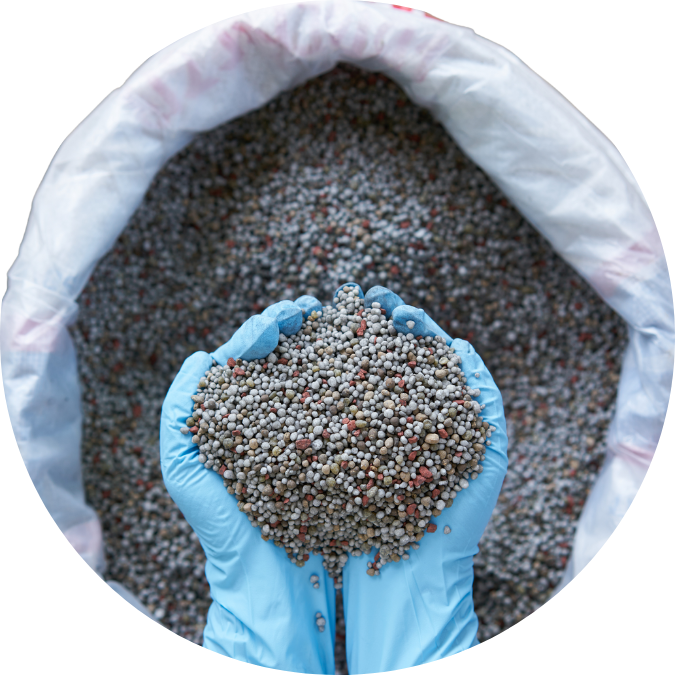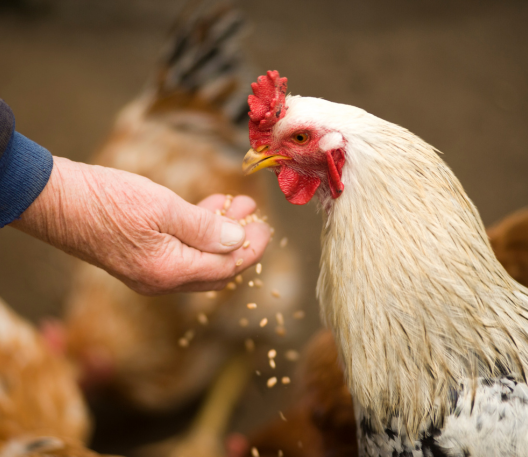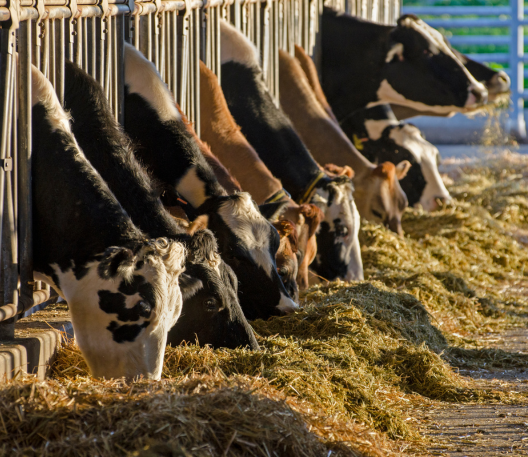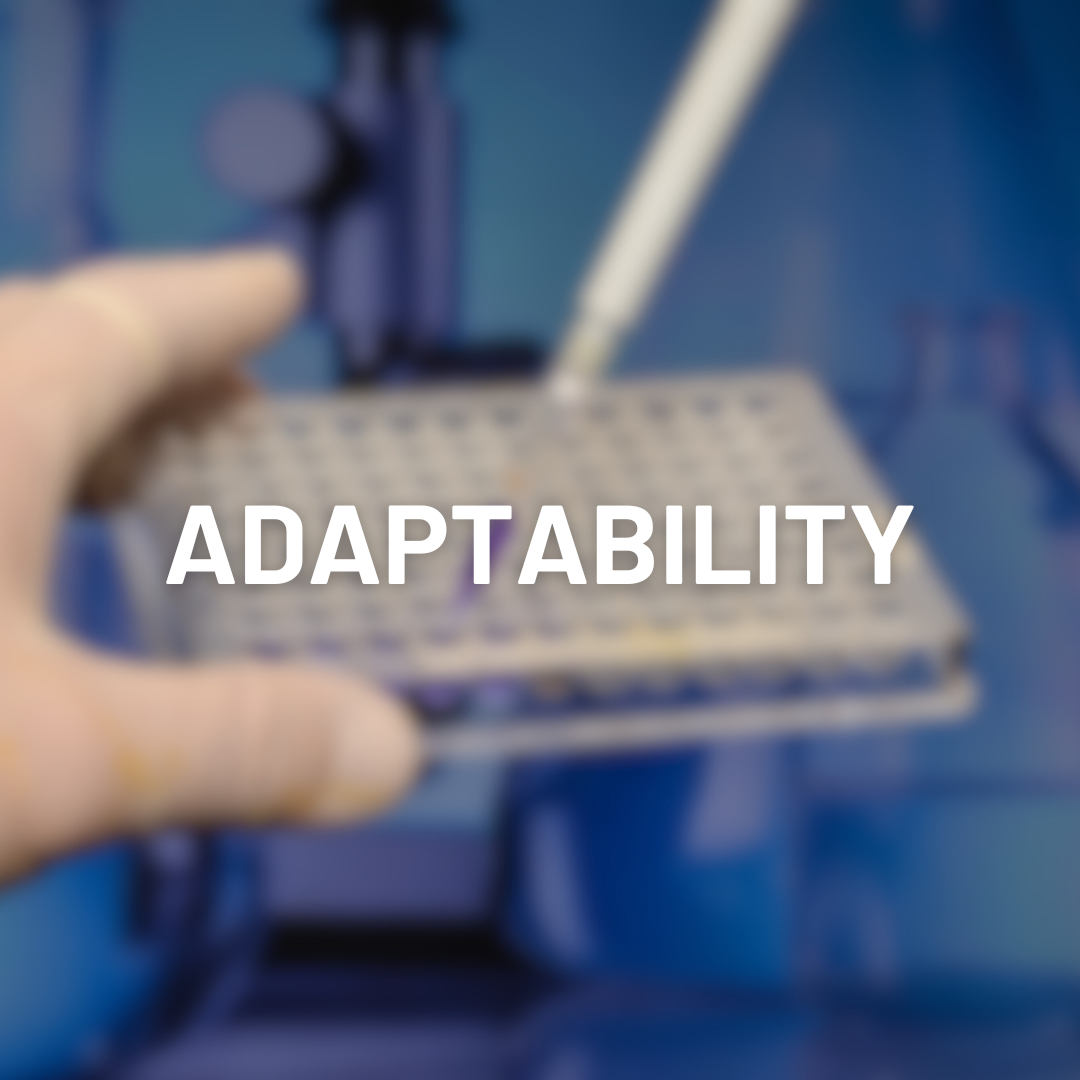Markets
Novel Food
Novel Food is officially defined as food that was not significantly consumed in European Union prior to 15 May 1997 (when its first regulation came into force).

What is a Novel Food Ingredient in Europe?
DEFINITION & REGULATIONS
Products are considered as Novel Food when it is extracted from a new source, or when its production process is new/innovative for example.
So, a substance consisting or produced by a microorganism can be considered as a Novel Food. The last scientific requirements expand the context of microorganisms us in Novel Food processes.
Not only the Novel Food can be produced by or consists (as active agent) of non-GM (Genetically Modified) microorganisms, but it now can also be produced by GM microorganisms.
To produce and sell Novel Food, it necessary goes through the compiling of a dossier substantiating the safety of thesaid Novel Food and its validation after evaluation by the European Food Safety Authority (EFSA).
Challenges of EFSA Safety Evaluation
The EFSA safety evaluation process is notably challenging, characterized by its complexity and extensive requirements, which often introduce uncertainty. Applicants must diligently gather and present detailed data on the safety of the microorganisms involved, meeting stringent analytical and regulatory demands.

This involves providing comprehensive scientific evidence, conducting thorough risk assessments, and ensuring compliance with strict regulatory standards. The process requires extensive documentation and undergoes rigorous scrutiny, which can be overwhelming and necessitates significant time, expertise, and resources. Effectively navigating these challenges is essential to obtaining market approval and ensuring the safety and qualitye of Novel Food products.
Advantages of our Offer
Biofertiliser & biocontrol
Harnessing the power of microbial genomics for market authorisation of bioinputs.

Bioinputs are composed of either microorganisms as active substance, or theirby-products. In France, all microorganisms must undergo a rigorous safety evaluation process conducted by the Agence Nationale de Sécurité Sanitaire de l’Alimentation, de l’Environnement et du Travail (ANSES). Applicants are required to compile a dossier substantiating the safety of their product and submit it to ANSES for approval.
Challenges of ANSES Market Authorisation
Navigating the ANSES safety evaluation process presents significant challenges. The procedure is extensive and complex due to the volume of analyses required and the rigorous expectations. Applicants must meticulously compile and present comprehensive data on the safety of the microorganisms used.

This includes detailed scientific evidence, risk assessments, and adherence to strict regulatory standards. The substantial documentation and rigorous scrutiny can be daunting, demanding time, expertise, and resources. Successfully navigating this process is crucial for market approval and ensuring the safety of biofertiliser and biocontrol products.
Advantages of our Offer
Food Enzymes & Additives
Today’s industrial Food production relies on the use of enzymes and additives in order to optimise the production process or to improve the properties of the final product.

These vital components are often derived from microorganisms. Indeed, microorganisms can produce various enzymes through fermentation processes, which can then be isolated and incorporated into processes as catalysts, or into food formulations to improve digestibility and nutrient utilisation by consumers.
Additionally, certain microorganisms themselves, or their by-products, can be directly used as food additives to confer specific health or performance benefits to consumers.
In Europe, these microorganisms can be genetically modified (then called GMM) to be used as improved production microorganisms. Regardless of their origin or modification status, all microorganisms must undergo a rigorous safety and efficacy evaluation process conducted by the European Food Safety Authority (EFSA).
To do so, the applicants are required to compile a dossier substantiating the safety of their product and submit it to the EFSA.
Challenges of EFSA Safety Evaluation
Navigating the EFSA safety evaluation process presents significant challenges. The procedure is extensive and complex, often creating uncertainty due to the sheer volume of required analyses and stringent prerequisites. Applicants must meticulously compile and present comprehensive data on the safety and efficacy of the microorganisms used.

This includes detailed scientific evidence, risk assessments, and adherence to strict regulatory standards. The extensive documentation and rigorous scrutiny can be daunting, demanding substantial time, expertise, and resources. Successfully navigating this process is crucial for market approval and ensuring the safety and quality of food products.
Advantages of our Offer
Feed Additives & Enzymes
With the growing demand for high-quality animal products, the optimisation of feed formulations through the use of additives and enzymes has become a cornerstone of modern industrial feed production practices.

These vital components are often derived from microorganisms. Indeed, microorganisms can produce various enzymes through fermentation processes, which can then be isolated and incorporated into feed formulations to improve digestibility and nutrient utilisation by animals.
Additionally, certain microorganisms themselves, or their by-products, can be directly used as feed additives to confer specific health or performance benefits to animals.
In Europe, these microorganisms can be genetically modified (then called GMM) if necessary. Regardless of their origin or modification status, all microorganisms must undergo a rigorous safety and efficacy evaluation process conducted by the European Food Safety Authority (EFSA).
To do so, the applicants are required to compile a dossier substantiating the safety of their product and submit it to the EFSA.
Challenges of EFSA Safety Evaluation
Navigating the EFSA safety evaluation process presents significant challenges. The procedure is extensive and complex, often creating uncertainty due to the sheer volume of required analyses and stringent prerequisites. Applicants must meticulously compile and present comprehensive data on the safety and efficacy of the microorganisms used.

This includes detailed scientific evidence, risk assessments, and adherence to strict regulatory standards. The extensive documentation and rigorous scrutiny can be daunting, demanding substantial time, expertise, and resources. Successfully navigating this process is crucial for market approval and ensuring the safety and quality of feed products.
Advantages of our Offer
Regulatory Services
Microbial related products are found everywhere, from the feed given to the animals, to the food, or directly to the biofertilizers used in the soils of our farms. And as safety comes first, in the fields of life sciences and biotechnology, regulatory compliance goes beyond administrative formalities.
Regulatory dossiers stands as a cornerstone for ensuring the safety, efficacy, and quality of your products, while also fostering trust among consumers and regulatory authorities alike. In this ever-evolving and intricate landscape, the compilation and submission of regulatory dossiers become pivotal steps in the obtention of market authorizations.
Navigating the regulatory landscape can be daunting, with complexities and nuances that demand meticulous attention to detail. As such, partnering with an expert in the field becomes not just advantageous but essential.
Our regulatory offer applies to several cases, listed later, and offers several advantages:
Expertise in microbial regulatory services
Throughout the years, GenoScreen developed its expertise in regulatory affairs to help its clients and prospects comply with the expectations of the regulatory bodies. We run dossiers compliant testing including genomic characterization of microbial strains and efficacy testing such as impact studies for microbiome related products, and then we analyse the results and compile them in a “ready to publish” format, encompassing all necessary information with utmost transparency about methodology required for regulatory bodies such as EFSA, FDA or ANSES.
You will be provided with
Contact us for any further information
Feed Additives & Enzymes
For our clients producing thanks to microorganisms Enzymes or Additives for the Feed industries, in order to obtain European market authorisation, they require to go through a Safety (and Efficacy) evaluation process by the European Food Safety Authority (EFSA). We help them by accompanying them in giving proofs of safety and writing in the rightful way their report.
Food Enzymes & Additives
Food industry uses Enzymes and Additives in their production process. In Europe, these products are under the EFSA regulation to ensure their safety and efficacy. We accompany biotech companies eager to fill in dossiers when it comes to microbiological analyses by providing them EFSA compliant microbiological reports.
Probiotics
Food Industry is increasingly using Probiotics in their food products as we understand further day after day the impact of the microbiomes on health, and the importance to keep healthy microbiomes. We support our clients in their quest of obtaining a market authorisation for their probiotic strains.


Biofertiliser & Biocontrol
Novel Food
Novel Food is officially described by EFSA as “food that had not been consumed to a significant degree by humans in the EU before 15 May 1997”. It needs of course an authorisation before being available for consumption in Europe, once again, it is granted by the EFSA. Our analyses fill all the prerequisites asked for the biological part of the dossier.

Soils
Genomics enables the development of a new form of agriculture, adopting a more holistic approach that focuses on the interactions between plants and micro-organisms.

Genomics specifically allows us to highlight the interactions that soil bacteria, yeasts and fungi can have with different crops, whether they are annual or perennial.
GenoScreen has established its expertise in this field by contributing, in a pioneering position, in national projects such as BIMM-SOL and GenoSol, which focused on the microbiological quality of soils.
GenoScreen’s offer to understand the microbiological component of soils
GenoScreen helps you to identify the microbiological composition of soils, reveal their properties and act on them, either by using inputs or by modifying your farming practices. Our services and solutions include:
Soil study techniques and methods
Our analysis solutions are based on the latest techniques available (Illumina, PacBio and ONT sequencers), and include a wide range of methods:
These analyses, along with the conclusions and solutions they provide, require the ability to access repositories of characterised genomic data. Such data repositories can be found in databases of varying degrees of specialisation and documentation. In this regard, our expertise led us to select the best databases and to develop our own, as well as the ability to utilise them effectively.

Skin Care
Genomics, and above all metagenomics, constitute the sharpest method for studying interaction between skin and its microbiota, and analysis the entirety of the microorganism communities present on the epidermis.
Our analytical solutions for dermocosmetics
GenoScreen, scientific partner for the beauty and skincare sector
Examples of GenoScreen involvement in R&D projects for Skin Care































